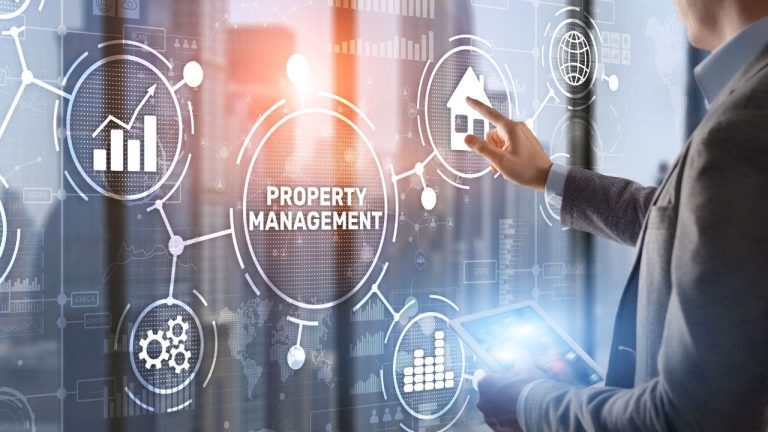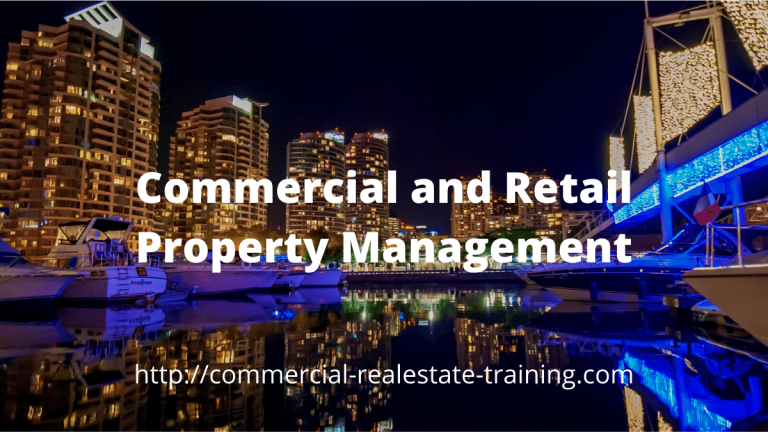Budgeting Tips for Commercial Property Management Today
When it comes to managing commercial property today, the budgeting process is quite important. When you establish a budget correctly, it can help you as the property manager and also the landlord direct and control the income and expenditure for the asset throughout the financial year.
So this financial control process is really suitable for those properties with a number of tenants. There is no point wasting time in applying this system to a basic single tenant in an industrial shed. Budgets relate well to office and retail property.
If you manage properties that you consider are of reasonable quality and cash flow, the budgeting process becomes a significant point of difference in your services as a property manager. When a property is managed well, the client can then be inclined to give you more properties or better fees.
Here are some tips to help you establish a budget in commercial or retail property management.
- Determine the financial year for the building. That financial year should suit the landlord when it comes to accounting and taxation. In most cases the financial year will be the period between July and June.
- In the three months leading up to the start of the new financial period, it is necessary to consider the factors of income and expenditure that apply to the property. At that time you will have nine months of financial activity to base your assumptions on. You can then quite easily project the remaining income expectations of the last quarter of the year. The same rules would apply with expenditure for that period of time.
- The income for the property can be assessed taking into account the factors of tenancy mix, lease structure, rent reviews, lease expiry, and vacancies. You will also need to look at the trends relating to market rental and vacancy rates in the local area. Determine the cash flow that is coming from the current tenancy mix, and then apply some process of logic to project the income over the next 12 months. Allow for some vacancies as you will have some. Allow for some incentives such as rent frees as you will need them.
- Form an opinion as to the supply and demand of rentable space in the local area. Look for the problems of oversupply or under supply. They will both have impact on the performance of your property.
- The expenditure of a managed property should always be tracked. All expenditure activity should be categorized and timed. Some of that expenditure will be for repairs and maintenance; other expenditure will be for timed accounts such as rates and taxes, insurance, and maintenance contracts. The expenditure budget that you create for your managed property should take into account the impact of timing of all large and major invoices.
- All of the leases and the lease assumptions for the building will create an income stream. That income stream can be tracked into a spreadsheet splitting the income across the months of the year. At the base of that spreadsheet, the same structure will apply as to expenditure. It is then a easy to apply the gross income for a particular month and remove from it the expected expenditure. This then says that the net income should appear at the base of the spreadsheet as a simple result between gross income and expenditure.
It takes time to establish a good property budget. As you move through the process, keep your notes and the details of your assumptions on the same spreadsheet. It is then easy to refer back to next year when you need to repeat the budgeting process.




